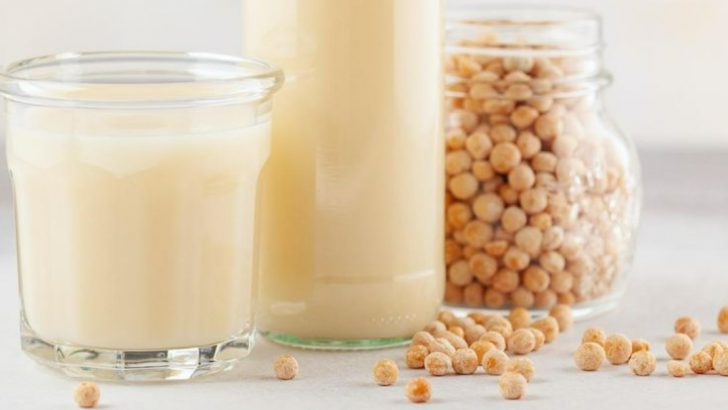Plant-based milks have come a long way from the days of watery soy and questionable textures. Whether you’re dairy-free by choice or necessity—or just curious about all those sleek cartons in the milk aisle—there’s a milk for everyone.
Some shine in coffee, others in cooking, and a few are nutrient-packed enough to sip solo. But they’re not all created equal, and knowing the differences can help you pick your perfect pour.
Let’s explore the world of non-dairy milks, flavor by flavor, benefit by benefit.
1. Almond Milk
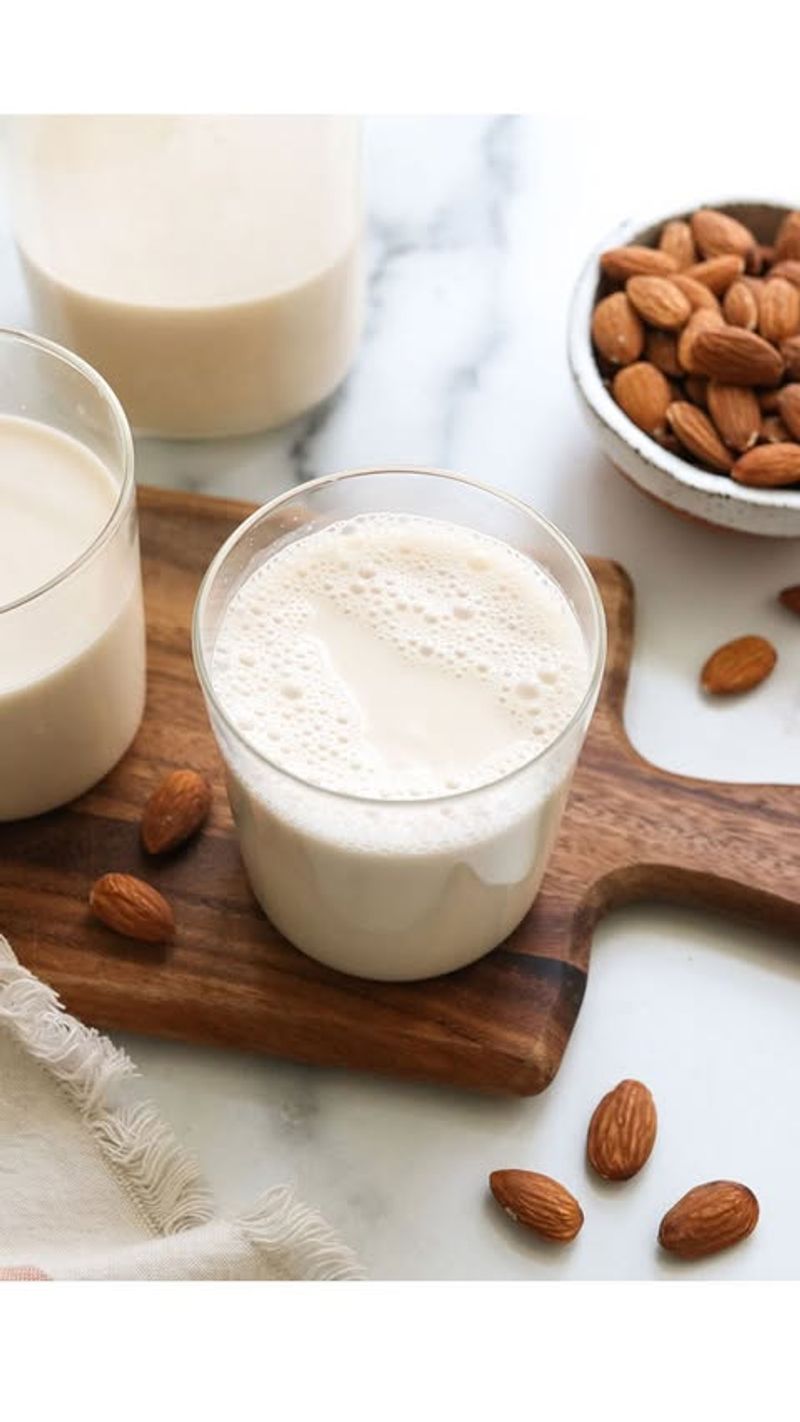
This one’s a classic, and for good reason. Almond milk is light and slightly nutty, perfect for adding a gentle creaminess to cereal, smoothies, or coffee without overpowering other flavors.
It’s naturally low in calories (unless sweetened) and often fortified with calcium and vitamin E. Great for those who want a neutral taste, but it’s not the best pick for protein or cream-heavy recipes.
2. Cashew Milk
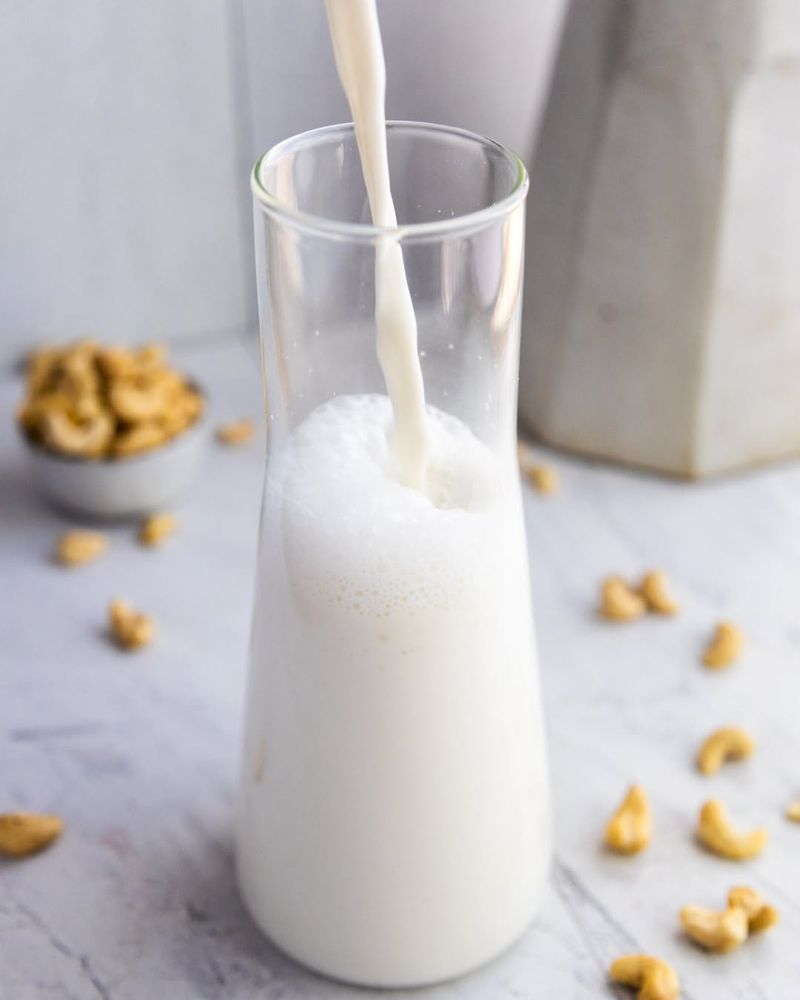
Cashew milk is velvety and neutral, with a creamy texture that blends beautifully into soups, sauces, and flat whites. It’s usually low in calories and carbs, but also in protein unless fortified.
Good for those who want a rich mouthfeel without strong flavor.
3. Macadamia Milk

Buttery and luxuriously smooth, macadamia milk feels indulgent but is surprisingly keto-friendly thanks to its low carb count. It’s rich in monounsaturated fats and works like a dream in coffee or creamy drinks.
A solid pick if you’re going low-carb or want a milk that feels like a treat.
4. Hazelnut Milk
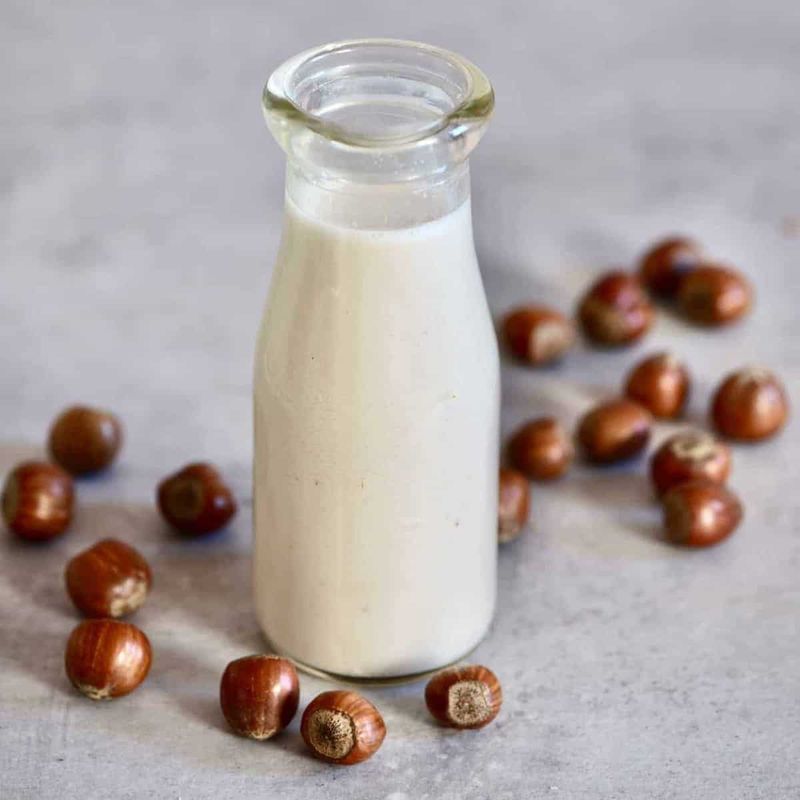
This one doesn’t hold back—it’s bold, toasty, and naturally pairs with chocolate or coffee like a dessert in disguise. It’s higher in flavor but not in protein, though it brings antioxidants to the table.
Best for people who want their milk to bring character, not just creaminess.
5. Walnut Milk
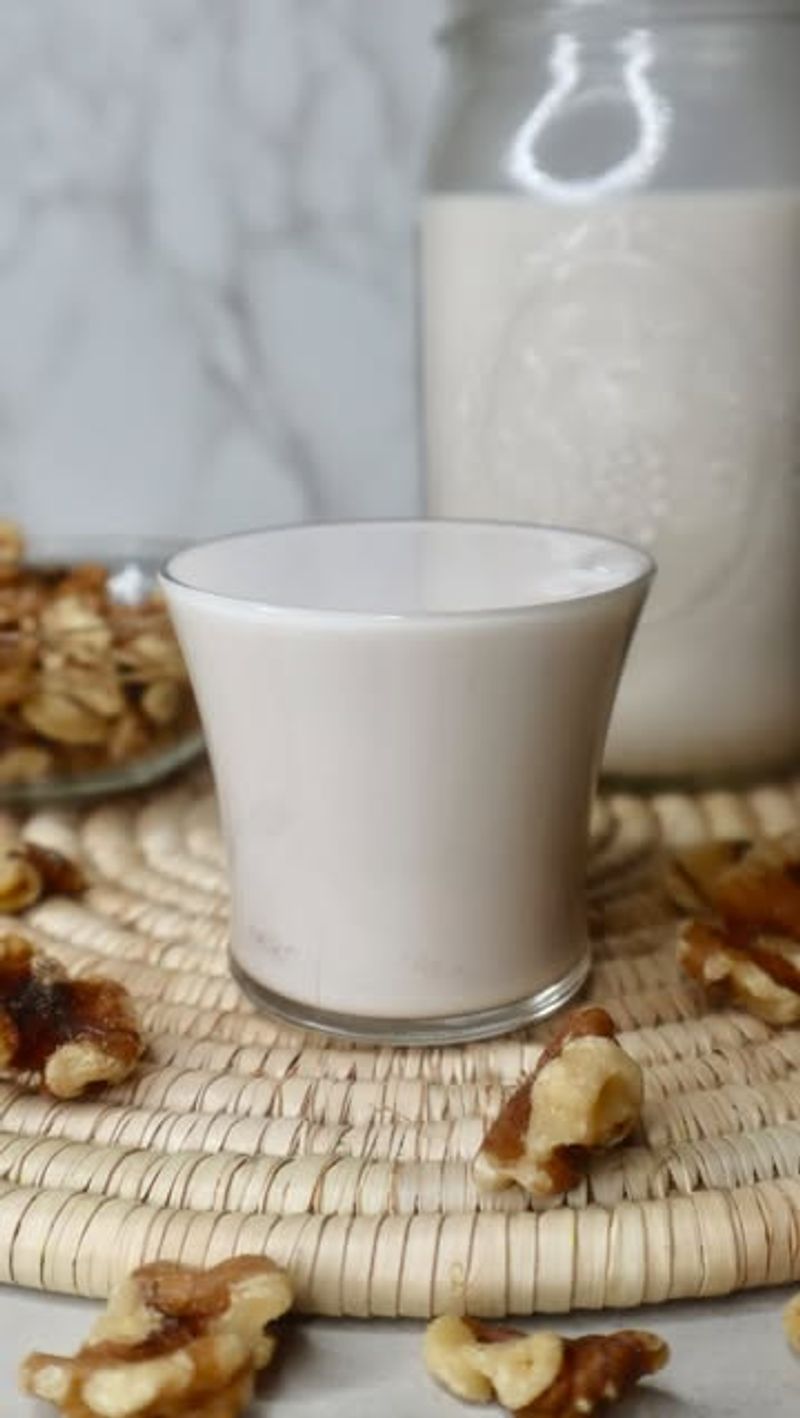
Earthy and slightly bitter, walnut milk has a unique flavor that works well in baking or fall-flavored dishes. It’s loaded with omega-3 fatty acids, making it a heart-smart option for those prioritizing brain and cardiovascular health.
Not everyone loves the taste, but nutritionally, it’s a sleeper hit.
6. Pistachio Milk

Lightly sweet with a faint floral finish, pistachio milk adds elegance to matcha, lattes, and dessert drinks. It’s not as common, but it offers a fun, slightly green-hued twist with antioxidants and healthy fats.
Choose it if you want a flavor-forward, slightly playful option that’s different from the rest.
7. Pecan Milk
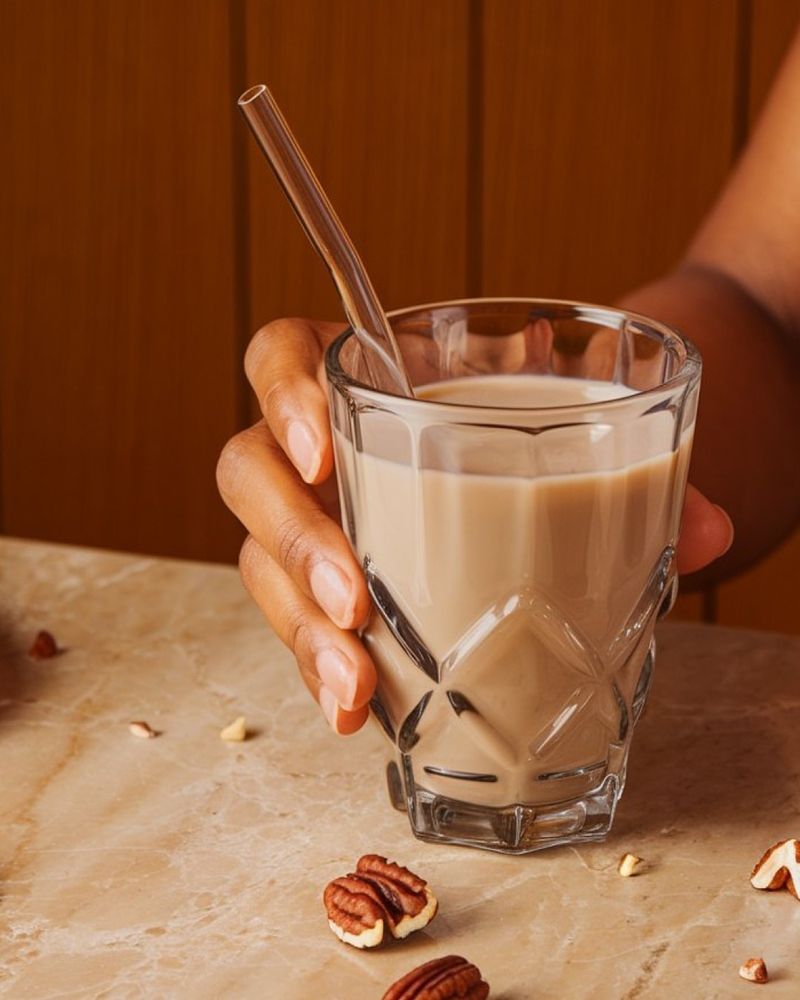
Naturally sweet and warming, pecan milk tastes like autumn in a glass—think oatmeal, baked apples, or chai. While it’s low in protein, it has fiber and heart-healthy fats that add subtle nutrition.
It’s a cozy pick for anyone who loves nutty, dessert-like flavors.
8. Brazil Nut Milk
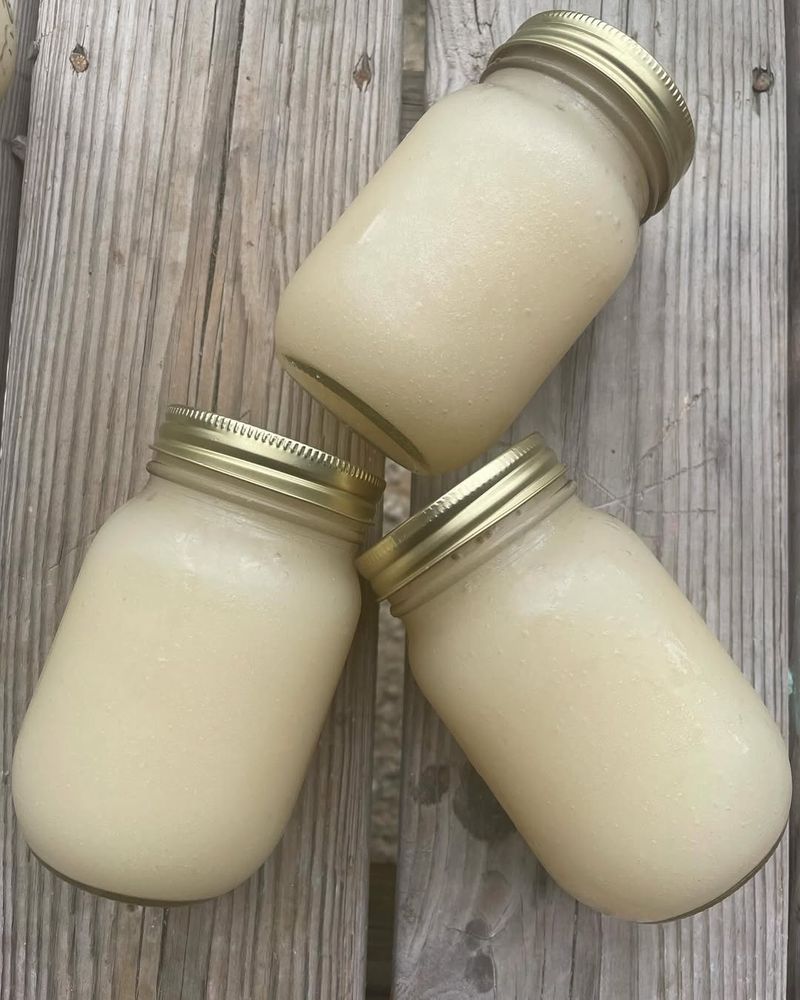
This rich, slightly bitter milk is a powerhouse for selenium, a trace mineral important for immunity and thyroid health. Its texture is thicker, and a little goes a long way.
Great for those looking to boost nutrients and who don’t mind a more assertive taste.
9. Oat Milk

Creamy, naturally sweet, and famously good in coffee, oat milk has become a barista’s best friend. It’s higher in carbs than most, but offers fiber and often comes fortified with B vitamins and calcium.
Ideal if you love lattes and want a dairy-free option that tastes close to the real thing.
10. Soy Milk

This OG alt-milk is high in plant-based protein and has a clean, neutral flavor that fits everything from cereal to stir-fry. It’s one of the few non-dairy milks that offers complete protein and is often enriched with calcium and vitamin D.
A solid all-purpose milk, especially if you want muscle support or a dairy mimic.
11. Coconut Milk (Carton)
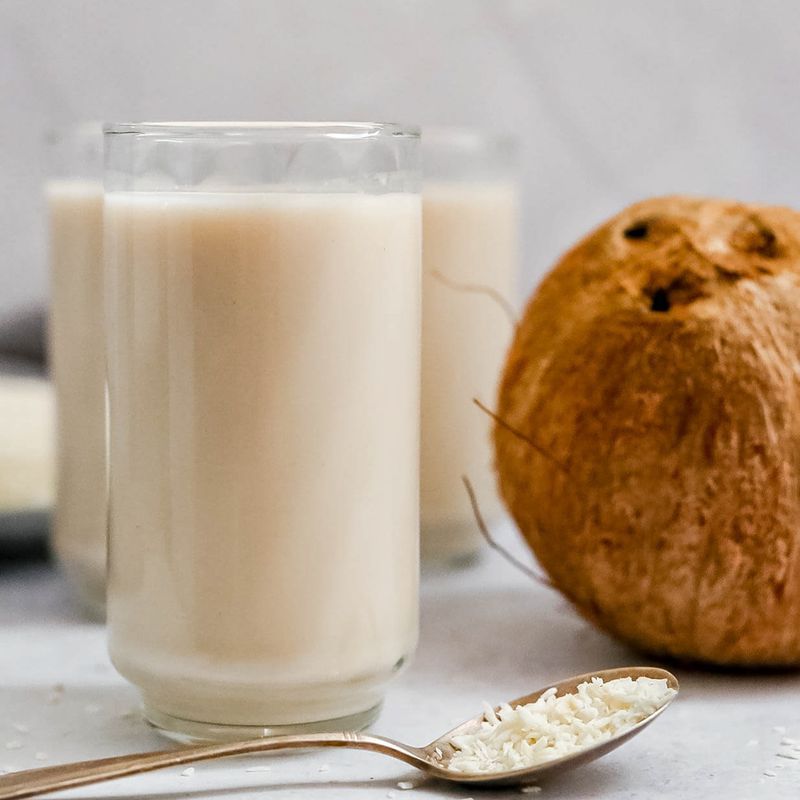
Light and slightly tropical, carton coconut milk (not the canned kind) is low in carbs and has a delicate flavor that works well in curries, baking, and smoothies.
It adds a silky texture but not much protein. Best for those who like a little vacation vibe in their recipes and don’t need a protein hit.
12. Rice Milk
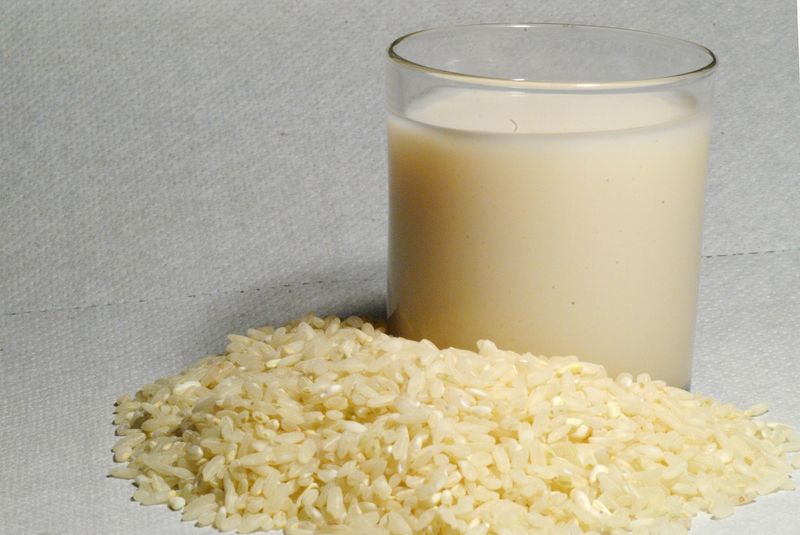
The mildest and sweetest of the bunch, rice milk is super allergy-friendly but very thin and low in nutrients unless fortified. It’s gentle on the stomach and works in baking or drinking straight.
Choose it if you have nut or soy allergies or just want something easy on digestion.
13. Hemp Milk
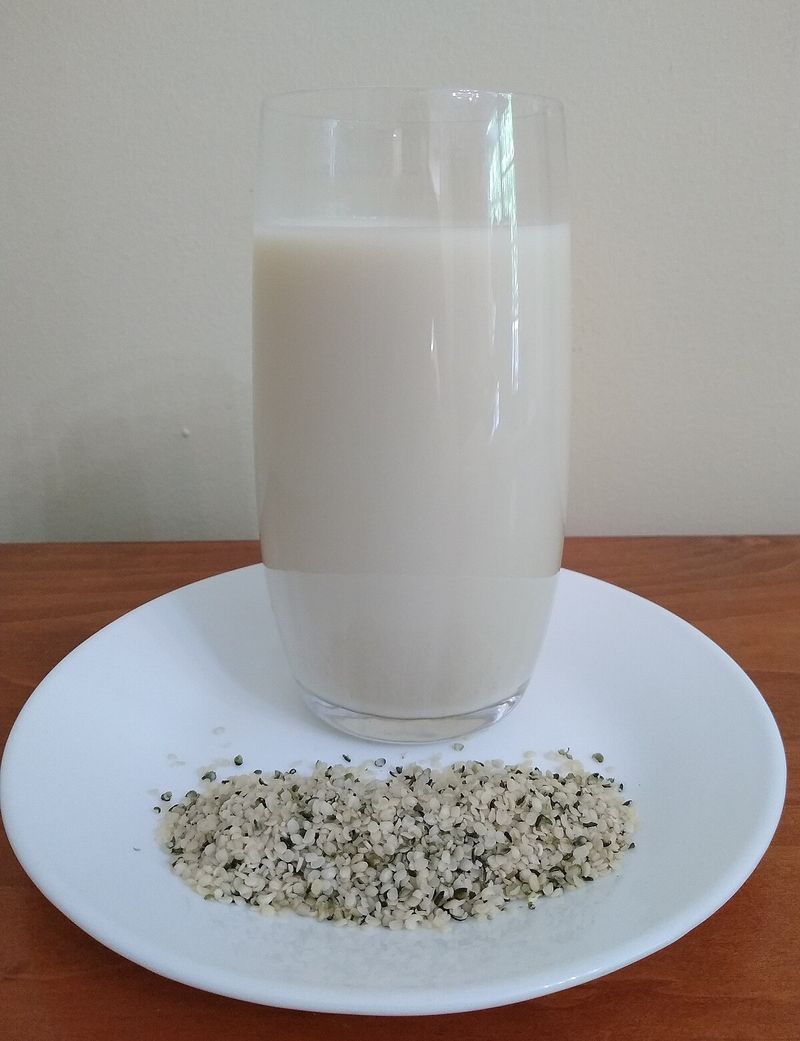
Nutty and slightly grassy, hemp milk is rich in omega-3 and omega-6 fatty acids and delivers decent plant protein. The flavor isn’t for everyone, but it’s a great pick for shakes or oatmeal, especially for those with nut allergies.
It’s also eco-friendly, which is a bonus for planet-conscious drinkers.
14. Flax Milk
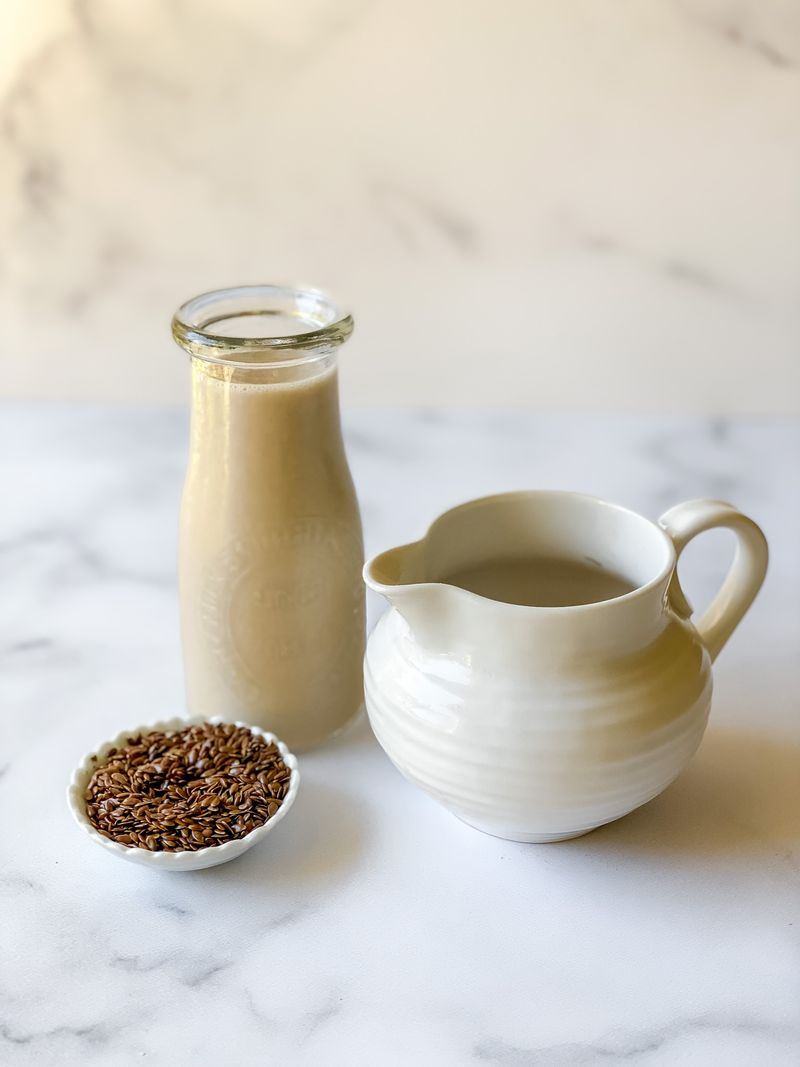
Mild and watery in texture, flax milk is often fortified with omega-3s, calcium, and vitamin D. It’s great for sensitive stomachs and those avoiding allergens, though it won’t add much body to your drinks.
A gentle, functional choice for anyone prioritizing digestion or low-calorie sipping.
15. Pea Milk
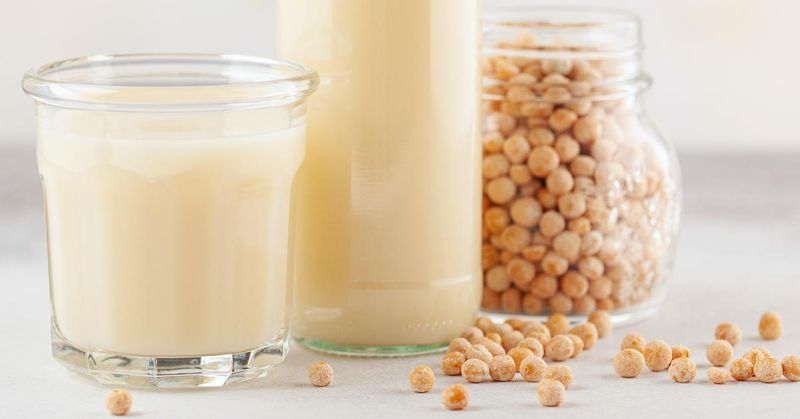
Despite the name, this milk tastes neutral and creamy, with a protein content close to dairy milk. It froths like a champ, works in cooking, and is great for kids and athletes alike.
If you’re looking for a dairy replacement with staying power, this one deserves a spot in your fridge.

